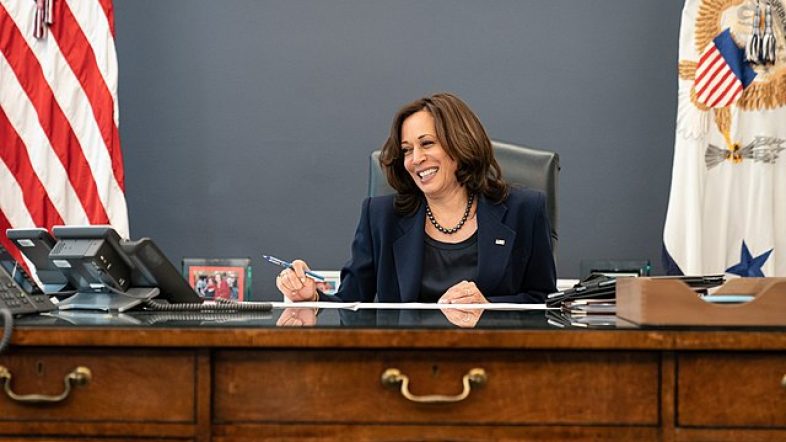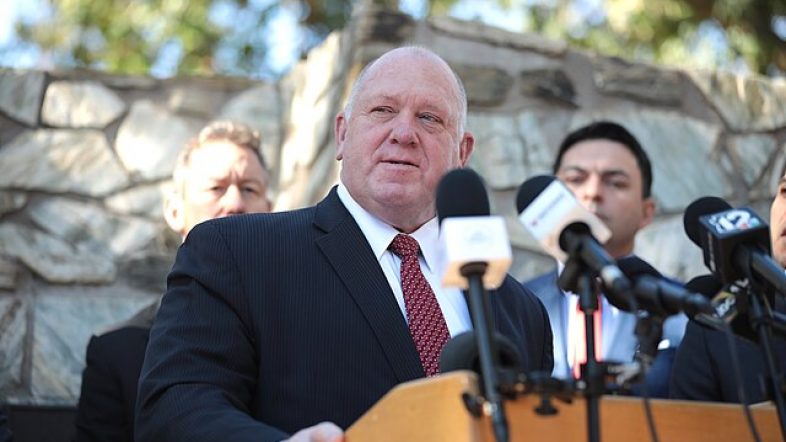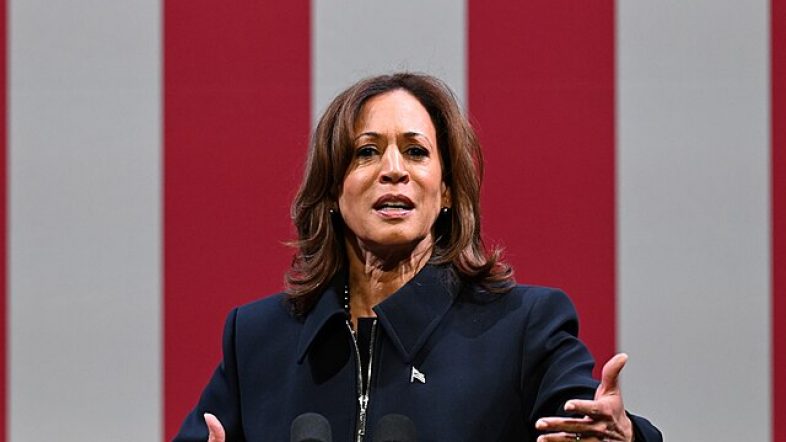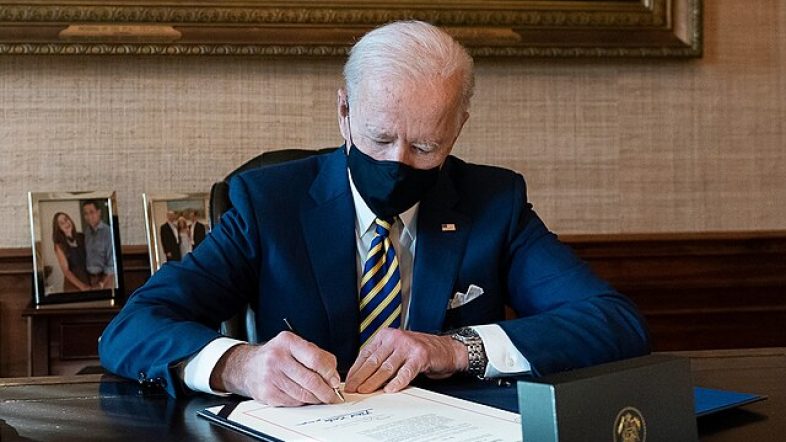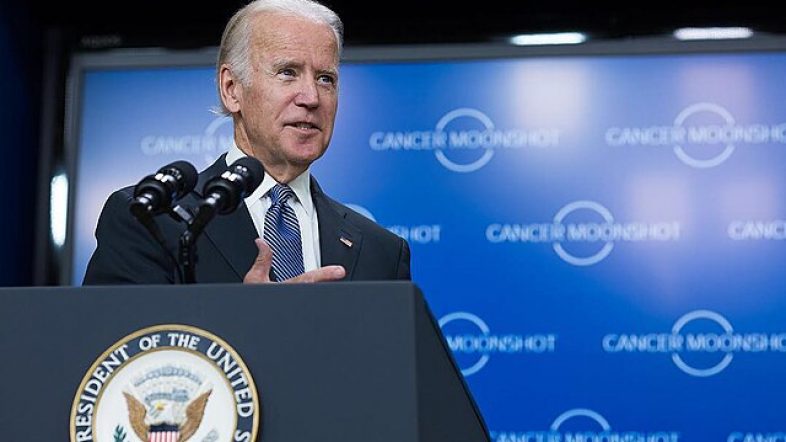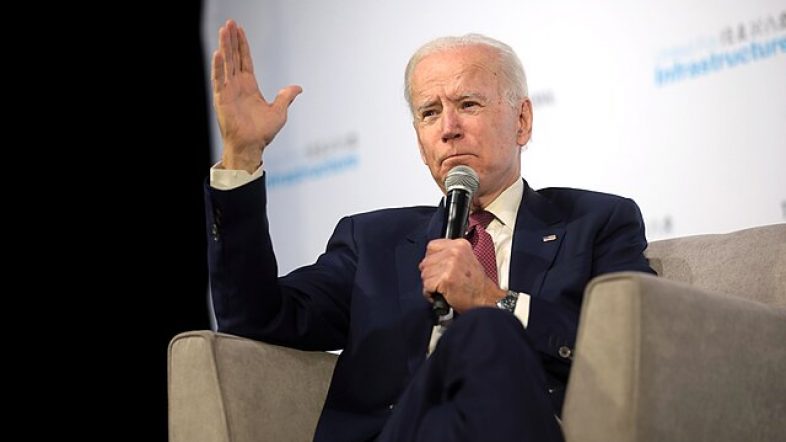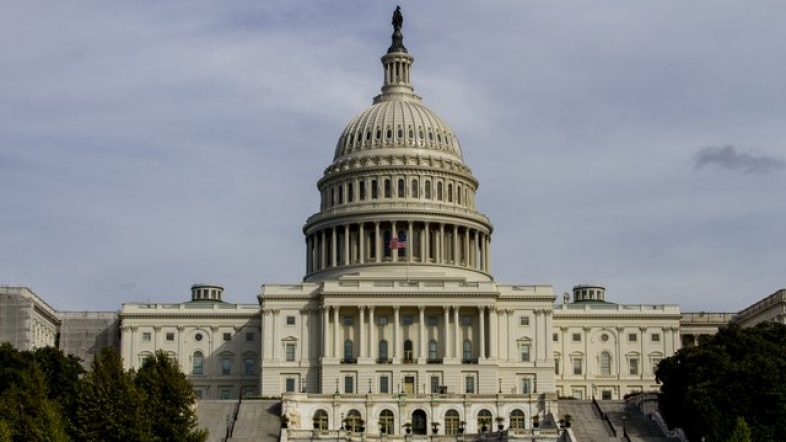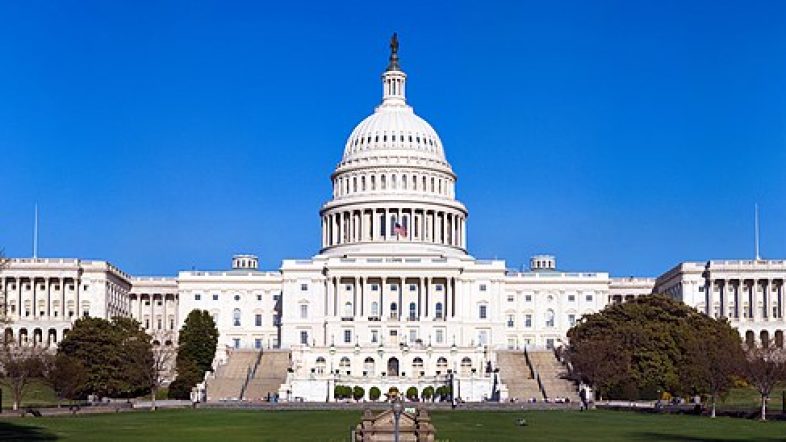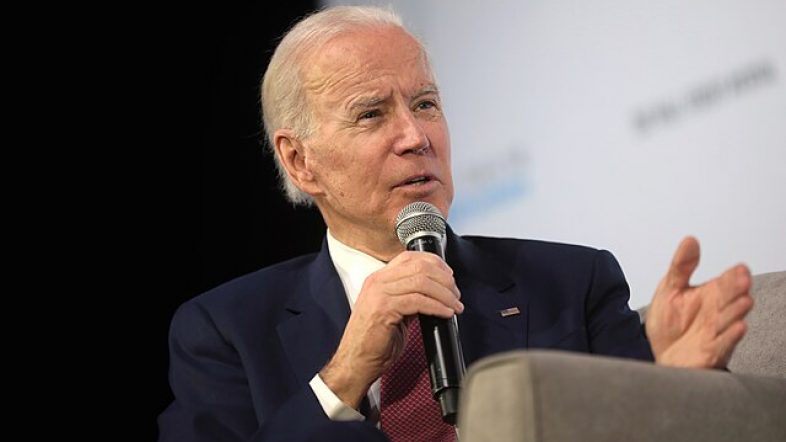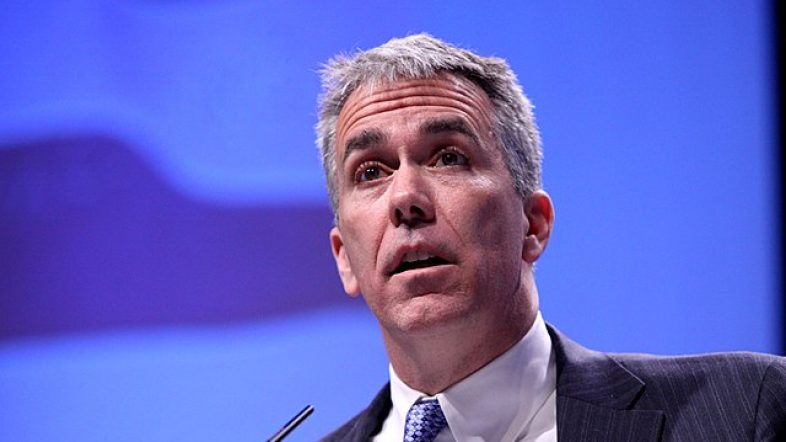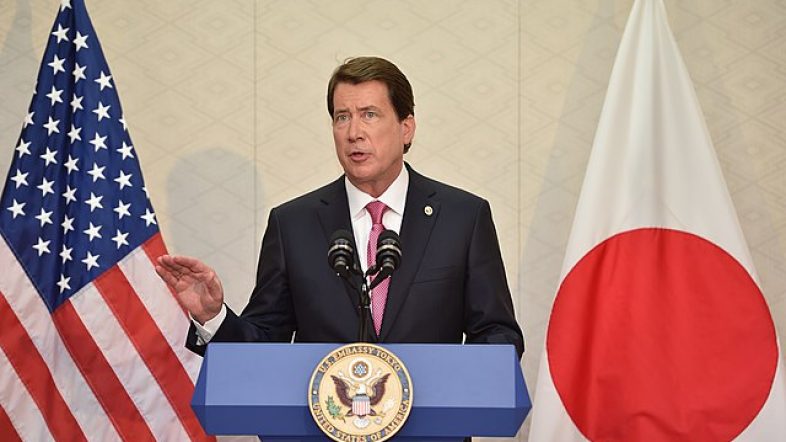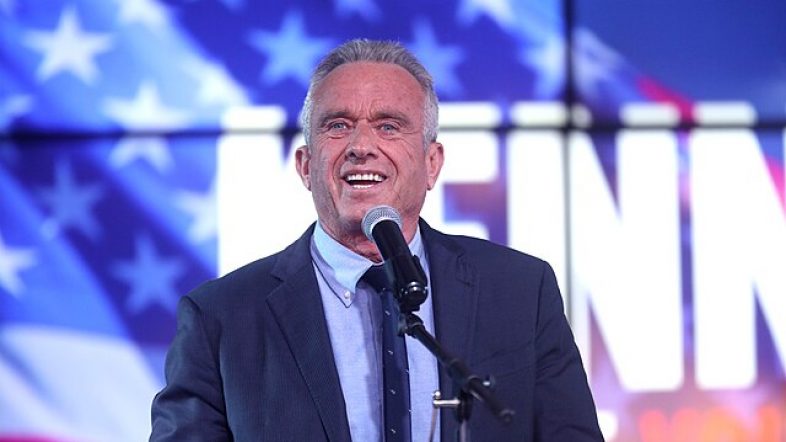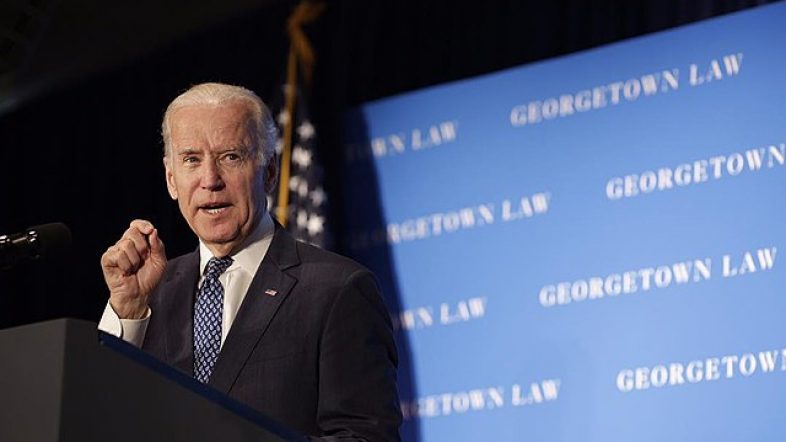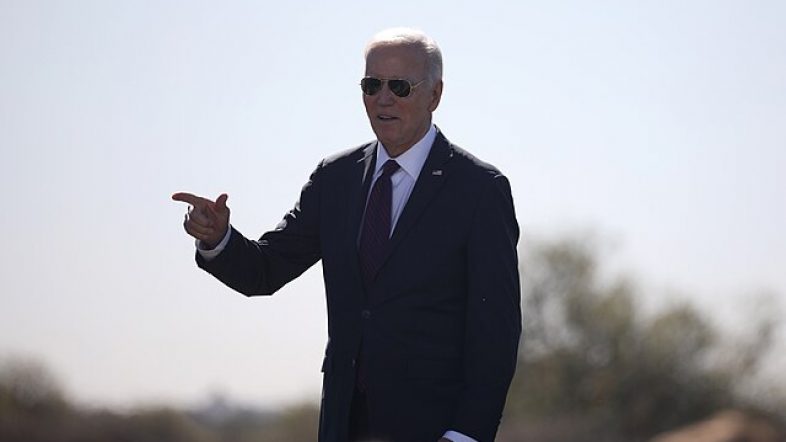Vice President Kamala Harris, who now appears to be former President Donald Trump’s most likely opponent in November, pushed several left-wing pieces of legislation during her tenure in the U.S. Senate.
Harris served as a senator representing California from January 2017 to January 2021 before being selected by President Joe Biden to be his running mate and now has emerged as the apparent frontrunner for the 2024 Democratic presidential nomination after Biden quit the race on Sunday despite receiving virtually no votes. During her time in the Senate, Harris threw her support behind bills that would have advanced a litany of left-wing causes, such as government workforce diversity, environmental justice, eviction freezes, work authorization for certain cohorts of unlawfully present migrants and more.
As a senator, Harris introduced the Ensuring Diverse Leadership Act of 2019 in the Senate. The bill would have required “Federal Reserve banks to interview at least one individual reflective of gender diversity and one individual reflective of racial or ethnic diversity when appointing Federal Reserve bank presidents, and for other purposes.”
While representing California in the legislature, Harris was a sponsor of the American Dream Employment Act of 2019, which would have enabled compensation of congressional employees who held relevant papers under the Deferred Action for Childhood Arrivals program launched by the Obama administration in 2012. The bill would have “[enabled] many unlawfully present aliens who came to the United States as children to be granted deferred action (a type of relief from removal which does not confer immigration status) and work authorization,” according to Congress.gov.
The former senator was also an architect of the Rent Relief Act of 2019, which would have subsidized rent for American households making less than $100,000 a year. She also backed the RELIEF Act of 2020, a pandemic-era bill that would have frozen all evictions and foreclosures for one year, prohibited rent increases, imposed an 18-month grace period for late rents and prevented landlords and mortgage providers from reporting missed payments to credit rating agencies.
Harris also introduced the Climate Equity Act of 2020, the House version of which was introduced by Democratic New York Rep. Alexandria Ocasio-Cortez. The bill would have established an Office of Climate and Environmental Justice Accountability inside the Office of Management and Budget.
Additionally, that bill also would have mandated federal policymakers to consider the potential impacts that environmental policies could have on low-income communities across America. Climate activists “consulted” with the staffs of Harris and Ocasio-Cortez while the bill was being drafted, according to Inside Climate News.
Moreover, Harris was also a co-sponsor of the Green New Deal during her stint in the Senate, a legislative package to transform the U.S. economy that Ocasio-Cortez estimated could cost $10 trillion or more if enacted.
Harris is also attracting renewed scrutiny for many of the positions she took during the 2020 election cycle before she quit the presidential race and became Biden’s running mate. Though she has since walked some of these comments back, Harris has previously endorsed a ban on fracking, some form of reparations and mandatory federal gun buybacks.
The Harris campaign did not respond immediately to a request for comment.
Featured Image Credit: Lawrence Jackson


